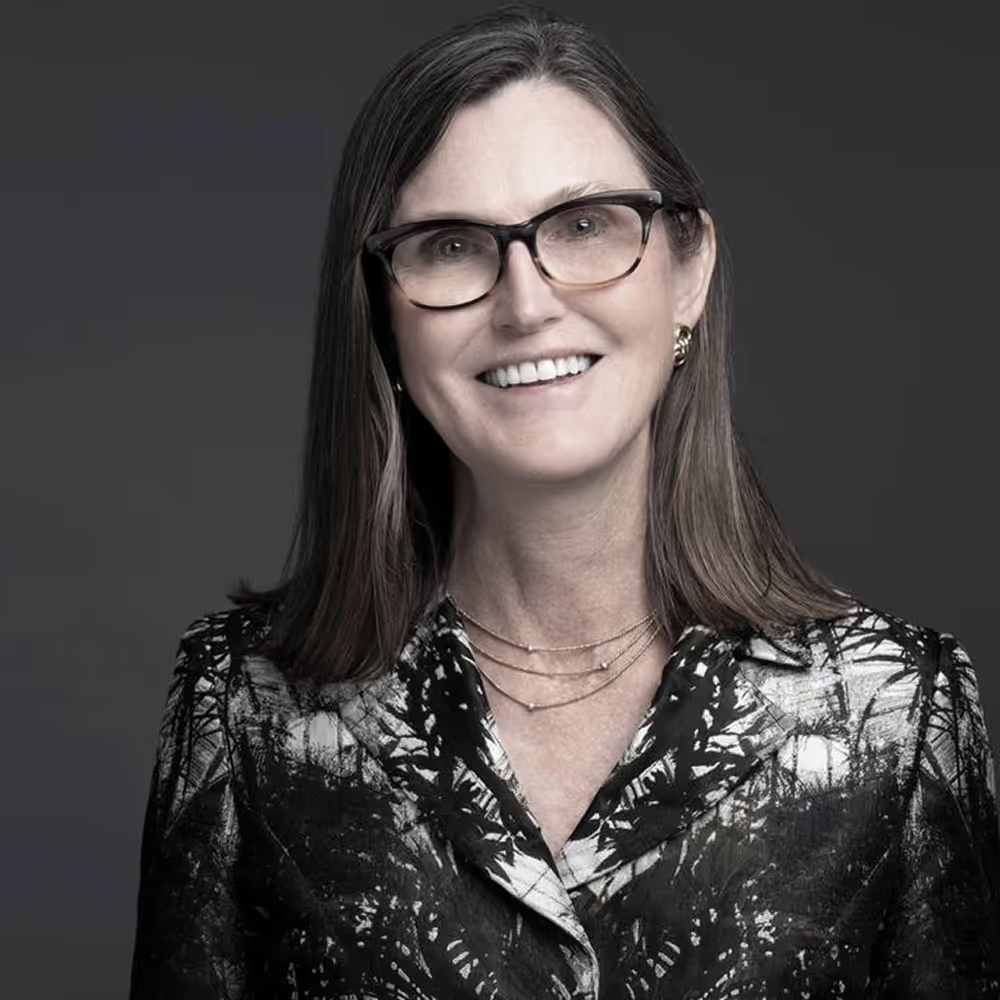The chief executive of the $100bn Magellan Financial Group Hamish Douglass has warned that there will be no quick rebound from the economic downturn caused by the COVID-19 crisis.
“We are still in the early days of this situation and we expect volatility to continue,” he said in an online briefing for financial advisers on Wednesday.
“I would be cautious about betting on a sharp bounce back in earnings,” he said.
He said the current crisis could last as long as a year or so, causing “lasting economic damage”.
He said he expected the world would be past the crisis in the next 18 months, but he said even at that stage, companies may not see a return to their pre-crisis earnings level within the next 18 months.
He said the current economic crisis caused by the coronavirus was very different to the economic downturn caused by the global financial crisis in 2008 and 2009.
“This is far broader than the financial crisis was,” he said.
“You can say that this is going to bounce back quickly because that’s what happened in 2008.
“But we think that could be a misjudgment of this situation.”
Mr Douglass said the most likely outcome was a “U”-shaped recession, with the extreme scenarios of a sharp “V” recovery and a depression the least likely.
Mr Douglass said Magellan had increased its cash holdings from 6 per cent of its portfolio to 15 per cent in response to the COVID-19 crisis, “surgically selling down positions we feel are most exposed”.
But he said it was too early for the fund to start buying back into the market despite the big fall in share prices.
“When we have a handle on the likely shape of the downturn and the stability of the system we will look to deploy cash,” he said.
“But we do not want to catch falling swords in the current environment,” he said.
He said the fund’s big focus at the moment was on “downside protection”.
“Preservation of capital is critical.”
Mr Douglass admitted that he had originally underestimated the impact of the corona virus outbreak on the global economy, assuming its progress would be similar to that of earlier virus outbreaks such as SARS in 2003.
In interviews in February, he said he was confident that the coronavirus outbreak would not develop into a global pandemic.
But he changed his position a few weeks ago with a letter to clients in mid-March warning that there could be a “near total collapse in demand” as the global economy began to shut down.
“While we were wrong in our initial assessment, we quickly changed our view when the data started to change,” he said.
“This is as close as you can get to a ‘black swan’ event.”
Mr Douglass said Magellan had 60 per cent of its assets in 12 major companies and cash which he said would “prove resilient in an economic downturn” including US utilities Eversource Energy, Xcel Energy and WEC Energy as well as US based telecommunications company Crown Castle.
The fund also has significant investments in Chinese online giants Alibaba and Tencent.
Mr Douglass said he believed that China was well placed to recover from the current crisis.
“We are pretty positive on the outlook for China coming out of this,” he said.
“They are managing the risk,” he said.
But he said he was concerned at the outlook for emerging economies which were in a much weaker position while he also expected there would be “very substantial pressures” on the economies of European nations and the euro.
He said he expected there would be a long period of low or near zero interest rates with little fear of an outbreak of global inflation in the short to medium term.
He said he did not expect the current crisis would turn into a global depression.
“The depression scenario looks very unlikely,” he said.
“The world is not going to end.”
“In 18 months we will be past this virus. We hope that it will be well before that.
But he said investors had to be well positioned to withstand what could be “lasting economic damage” from the crisis.
“I wouldn’t get overly pessimistic and decide you need to sell everything.
“But I wouldn’t get overly optimistic that the lessons of 2008 and 2009 are the same lessons you should have here.
“Realism is important here as well.”
This article was originally posted on The Australian here.
Licensed by Copyright Agency. You must not copy this work without permission.



.jpg)


.avif)




